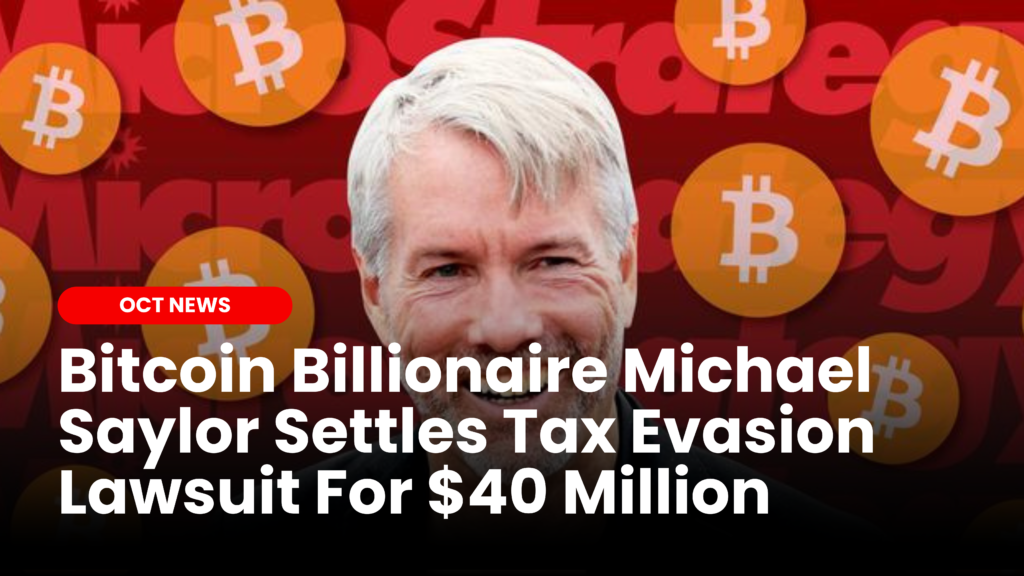A federal judge has ordered Ripple to pay a civil penalty of $125,035,150 in its lawsuit with the U.S. Securities and Exchange Commission (SEC). The SEC originally sought a $2 billion remittance payment, while Ripple argued for a maximum penalty of $10 million. In the ruling, Ripple is also instructed to cease any further securities law violations, as noted by Judge Analisa Torres in Wednesday’s court filing. However, Torres denied the SEC’s request for disgorgement and prejudgment interest, stating the regulator had not shown “pecuniary harm” to justify such measures.
Key points from the ruling include:
- The $125 million penalty relates to institutional sales of XRP, based on 1,278 transactions that breached Section 5 of the Securities Act.
- The SEC’s request for disgorgement and prejudgment interest was denied due to insufficient evidence of financial harm.
- The court mandated a trial for unresolved issues in 2023, including allegations against Ripple’s CEO Brad Garlinghouse and co-founder Chris Larsen, although the SEC dropped these charges in October.
This ruling follows years of legal battles, beginning with the SEC’s initial complaint against Ripple in December 2020. In July 2023, Ripple secured a partial victory through a summary judgment that found its institutional sales of XRP constituted an unregistered securities offering, while programmatic sales did not.
History of the case
The Ripple vs. SEC case, which began in 2020, has been a pivotal legal battle in the cryptocurrency industry. The U.S. Securities and Exchange Commission (SEC) sued Ripple Labs, its CEO Brad Garlinghouse, and co-founder Chris Larsen, alleging that they had raised over $1.3 billion through the sale of XRP tokens in an unregistered securities offering. The core issue in the case revolved around whether XRP should be classified as a security, which would subject it to stringent regulatory requirements.
Ripple denied the allegations, arguing that XRP was not a security and that its sales did not constitute an Initial Coin Offering (ICO). The case became a major point of contention within the crypto community, as the outcome was expected to set a precedent for how cryptocurrencies would be regulated in the United States.



